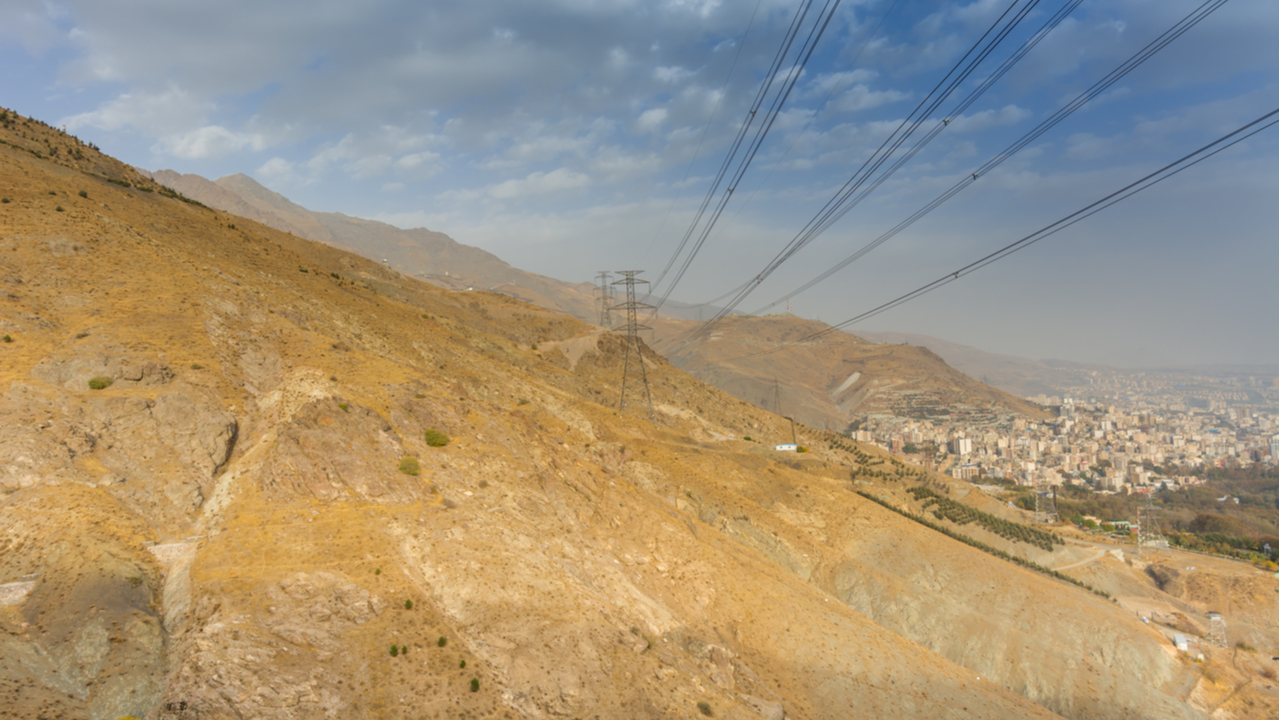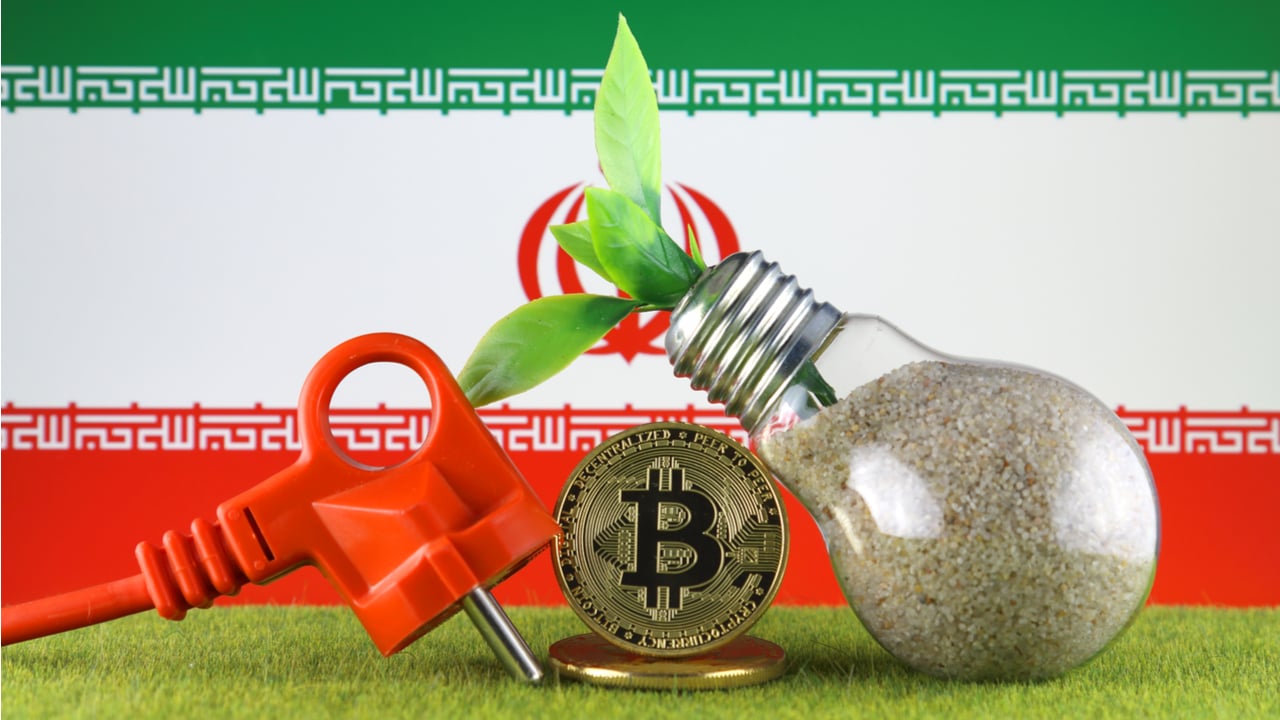
Citing a need to maintain a stable electricity supply for other users, Iran will be pulling the plug on cryptocurrency mining farms whenever power consumption peaks. The measure intended to deal with shortages will target licensed facilities despite the government admitting that illegal crypto miners burn much more energy.
Licensed Crypto Miners Use 300 MW, Illegal Farms Burn 2,000 MW
According to official data, entities that are authorized to mine cryptocurrencies in the Islamic Republic use up to 300 megawatts (MW) daily, ISNA news agency reported. This amount of electricity can be saved to maintain the balance and stability of the electricity network, said Mostafa Rajabi Mashhadi, spokesman of the Iranian Ministry of Energy responsible for the electricity sector.

At the same time, estimates based on registered loads show that unlicensed crypto mining centers currently consume more than 2,000 MW of electricity. The Iranian government considers these operations illegal and points out that such facilities are rarely connected to the grid properly. That overloads distribution transformers and causes other damages to the infrastructure.
Unauthorized miners have been blamed for blackouts in Iran and according to Mashhadi, illegal consumption is responsible for fluctuations in the supply. The official called on those who mine cryptocurrencies using household electricity to turn off their equipment immediately. He warned that when such miners are identified, their hardware will be confiscated and their property will be cut off from the grid. They also face hefty fines.
Electricity Shortages in Iran Amount to 5,000 MW
Earlier this month, the state-owned power utility, Tavanir, revealed that Iran is facing a daily shortage of around 5,000 MW of electricity. The company CEO Mohammad Hassan Motevalizadeh listed cryptocurrency mining among several key factors causing an imbalance in the system, with the other three related to climate and agriculture. Low rainfall has increased the need for irrigation and suppressed hydropower generation, while high temperatures have pushed electricity consumption up.

Motevalizadeh stated that authorized cryptocurrency miners will be cut off from the grid during periods with high consumption, while Tavanir will work with other government institutions to deal with illegal mining operations. He asked Iranians who want to get involved in the mining of digital currencies to do that after obtaining the necessary licenses from the government.
Mostafa Mashhadi further called on vigilant citizens to report any illegal mining-related activities and unauthorized use of electricity. Tavanir’s website now has a dedicated page for this purpose and Iranians who share verifiable information about unlicensed data centers will be rewarded, said the Energy Ministry spokesman.
What’s your opinion about Iran’s measures regarding cryptocurrency mining in the country? Share your thoughts on the subject in the comments section below.
Image Credits: Shutterstock, Pixabay, Wiki Commons
Disclaimer: This article is for informational purposes only. It is not a direct offer or solicitation of an offer to buy or sell, or a recommendation or endorsement of any products, services, or companies. Bitcoin.com does not provide investment, tax, legal, or accounting advice. Neither the company nor the author is responsible, directly or indirectly, for any damage or loss caused or alleged to be caused by or in connection with the use of or reliance on any content, goods or services mentioned in this article.






Be the first to comment